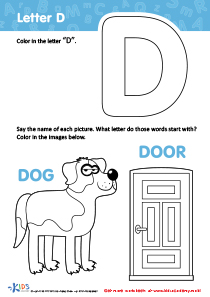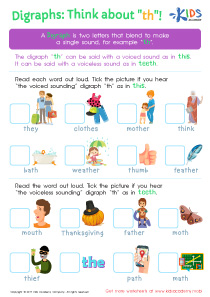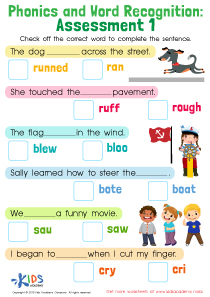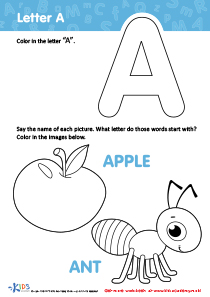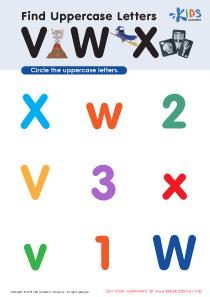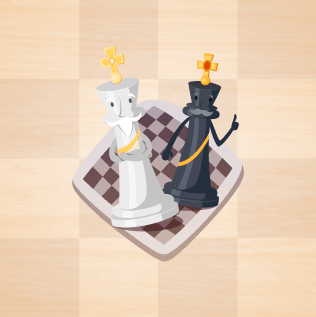Chess Lessons | STRATEGIES for Ages 5-6
9 results
Unlock the power of learning with our thoughtfully crafted STRATEGIES for Ages 5-6. This unique program is designed to engage young minds through a dynamic blend of interactive worksheets, captivating educational videos, and comprehensive assessment quizzes. Tailored specifically for children ages 5-6, our lessons focus on fostering foundational skills in a fun and interactive way. Each activity is expertly designed to nurture cognitive development, encourage curiosity, and enhance learning outcomes. Dive into our world of innovative learning strategies and watch your child thrive, develop critical thinking skills, and embark on a lifelong journey of discovery and knowledge.
In the foundational stages of learning, children ages 5-6 are at a critical point where the development of effective learning strategies can significantly impact their educational journey. Our specially designed lessons on STRATEGIES for Ages 5-6 aim to lay down the groundwork for these young learners, ensuring they adopt practices that will not only aid them in their current studies but also set them up for future academic success. These lessons, rich with interactive worksheets, educational videos, and assessment quizzes, are tailored to engage children in a variety of ways, catering to different learning styles and preferences.
The interactive worksheets provided in our STRATEGIES for Ages 5-6 lessons are more than just paper-and-pencil tasks. They are thoughtfully designed activities that encourage children to think critically, solve problems, and understand the value of perseverance. Through these worksheets, children learn to organize their thoughts, recognize patterns, and apply logic to everyday tasks. These are fundamental skills that enhance their ability to grasp more complex concepts as they progress in their education.
Moreover, the incorporation of educational videos into our lessons serves as a dynamic tool to capture the attention of young learners. These videos are not only engaging but also informative, presenting concepts in a visual and auditory format that enhances comprehension. For children in the age group of 5-6, these videos can simplify complex ideas, making them more accessible and easier to understand. Consequently, children become more enthusiastic about learning, developing a positive attitude towards education that is crucial at this stage.
Additionally, the assessment quizzes included in our lessons play a pivotal role in reinforcing the learning process. These quizzes are designed not just to test knowledge but to build confidence and improve memory recall. For children ages 5-6, frequent assessments help in identifying their strengths and areas that require more attention, enabling a personalized learning experience. The feedback from these quizzes also serves as an encouragement, motivating children to improve and learn from their mistakes.
Our STRATEGIES for Ages 5-6 lessons emphasize not only academic skills but also social and emotional development. Through collaborative activities and discussions, children learn the importance of teamwork, communication, and empathy. These social skills are essential for their overall growth and help them navigate through various group settings, both in and out of the classroom.
Furthermore, by introducing children to a structured yet flexible learning environment, our lessons instill discipline and time management skills from an early age. Children learn to set goals, prioritize tasks, and understand the value of hard work and dedication. These are invaluable life skills that will benefit them beyond their school years.
In conclusion, our lessons on STRATEGIES for Ages 5-6 are designed to provide a holistic approach to learning for young children. By incorporating interactive worksheets, educational videos, and assessment quizzes, we aim to foster not only academic excellence but also social and emotional growth. These lessons equip children with the necessary tools and attitudes to navigate their educational journey successfully, laying a strong foundation for lifelong learning.
